 Menu
Menu
 Menu
Menu
We will not be able to offer the Environmental Science Institute this summer. However, our new Institute "Weather & Climate Science" will feature similar explorations of science, climate studies, and environment as an exciting alternative.
“ They told us the GIV experience was life-changing. I was like, "There's no way that one week can really do that?..." But it really can! After doing this Institute I've had an explosion of just so many ideas!”
Are you ready to revolutionize the ways you understand our natural world?
At the Environmental Science & Technology Institute you get to investigate what’s in our air, water, and soil. Focused on adventure and real-world exploration, we collect environmental data from your own communities across the state and bring those samples to UVM’s state-of-the-art labs to analyze, interpret, and make inferences. Combined with investigations of our surrounding environment, this Institute creates new ways of thinking through research, discoveries, and solutions.
College credits available.
For information regarding this Institute’s sliding-scale tuition support, please click here.
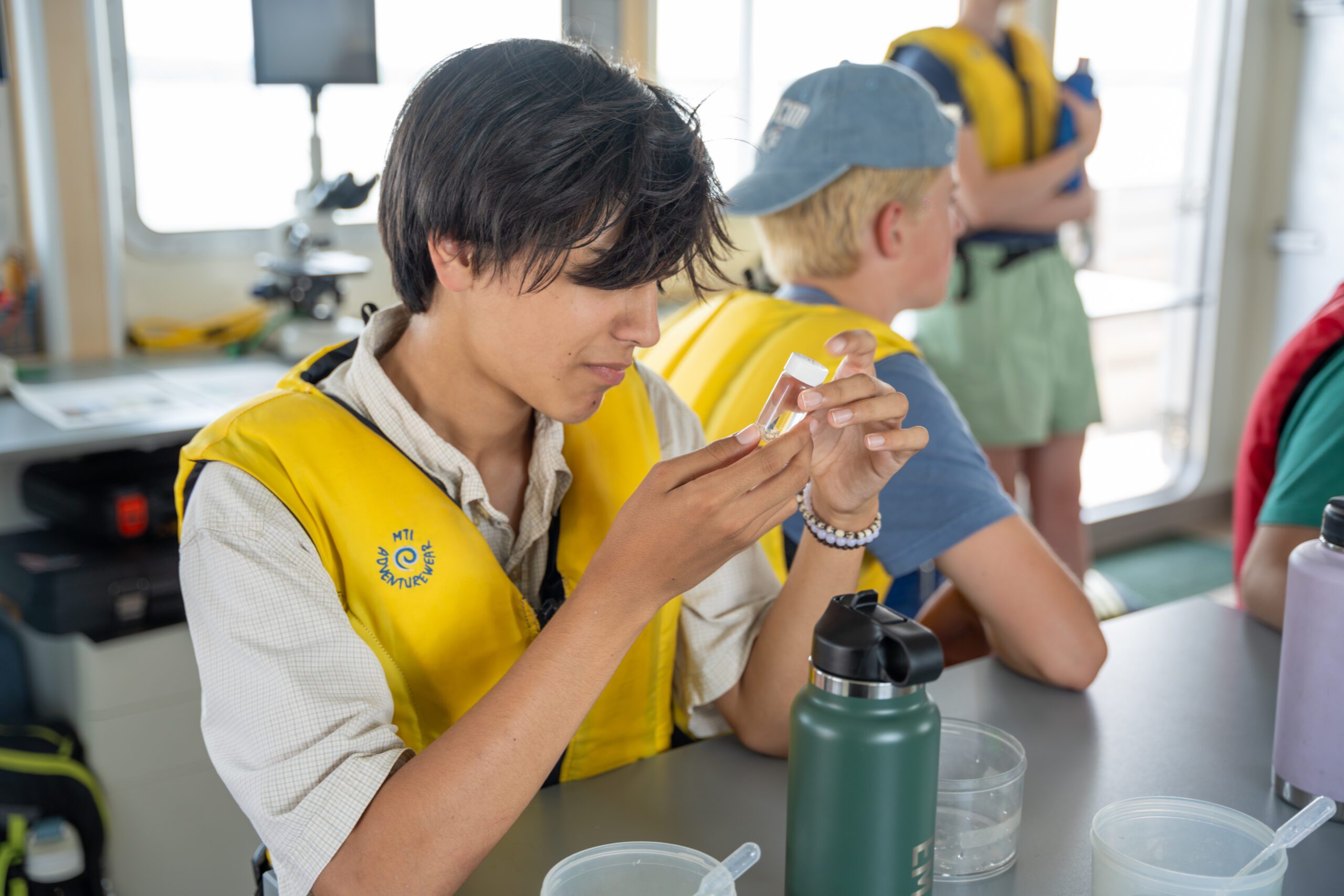
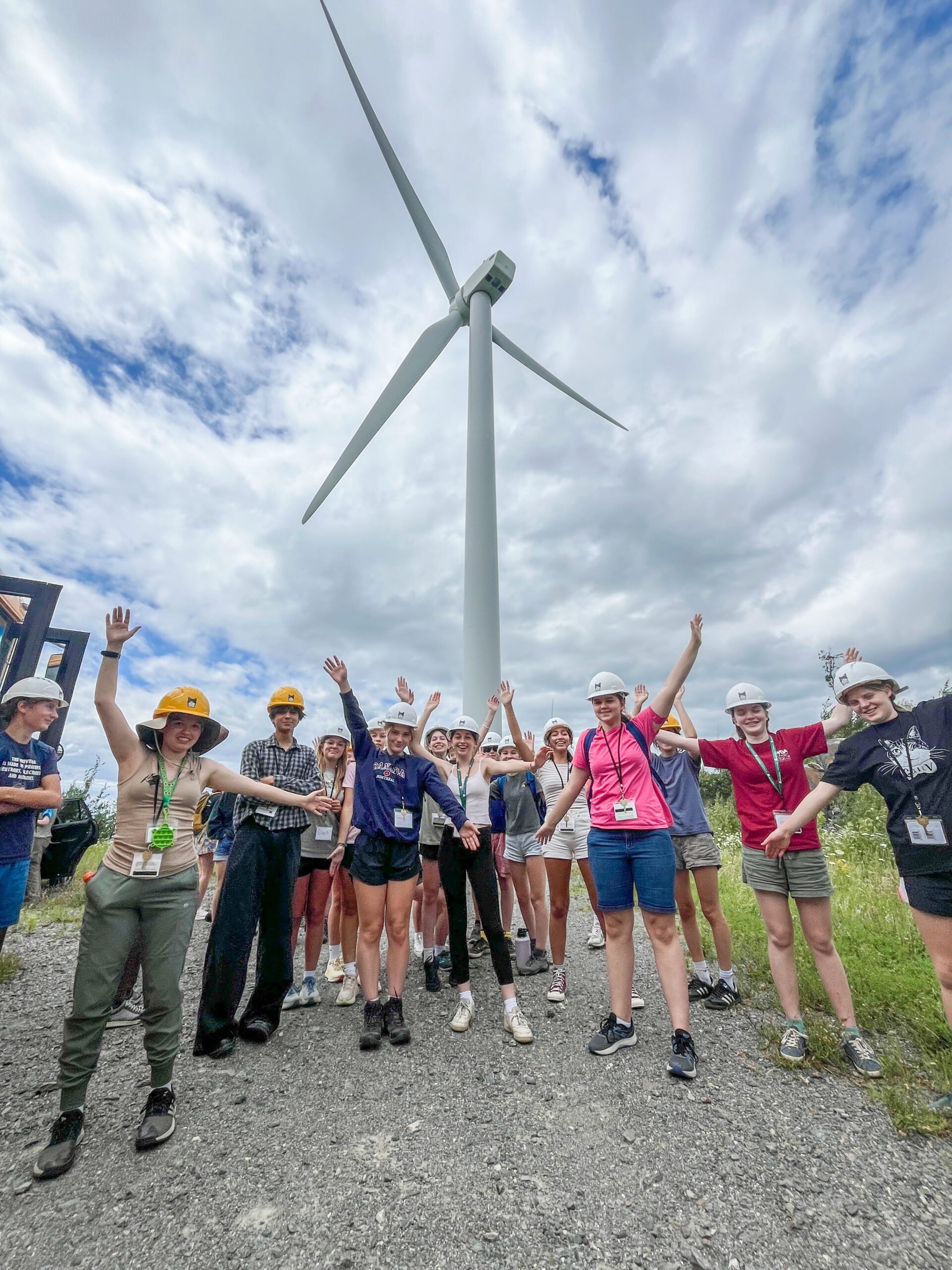
Check out this media from recent years of the Institute.
Link to All 2023 Institute Videos
This Institute offers 4 credits through the University of Vermont! Every student who completes the Institute is eligible for these credits.
Please note that colleges charge extra tuition and fees on top of GIV tuition for granting credits, but students can utilize a Dual Enrollment voucher to fully cover the college tuition. The Dual Enrollment program guarantees free college tuition for most rising VT juniors and seniors. For other support options such as those offered through VSAC or the Fast Forward program for technical center students, contact us and we can help!
Important Note: students need to apply for this credit before attending the Institute.
For more information contact us at [email protected].
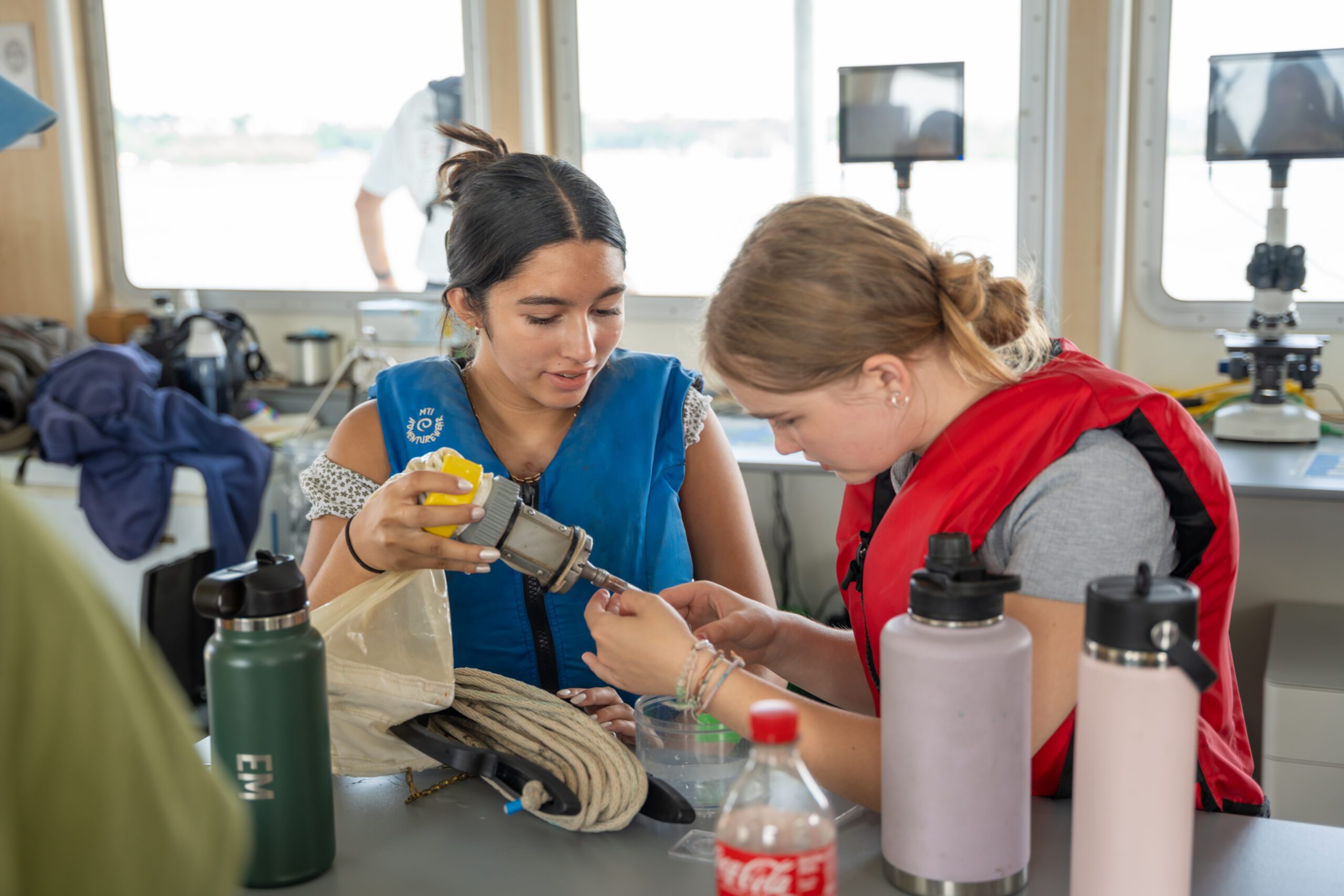
Every day is a unique experience filled with expert-led instruction, hands-on investigation, field trips, and immersive learning. We work to build a community around our experiences and share in our passion for everything we explore.
**The schedule is slightly different each year and announced when you arrive!
GIV’s supportive Institute structure is endlessly enriching, empowering, and engaging.
Morning: Morning Workshops
Late Morning: Sample and Data Analysis
Afternoon: Field Trip
Late Afternoon: Guest Speaker/Presentations
Evening: Nightly Social Activity
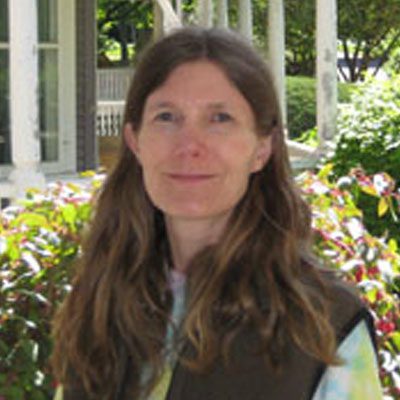
Christine Massey is a Researcher in the Geology Department at the University of Vermont and holds a BA and MS in Geology. She works at the Perkins Museum of Geology on grant-funded initiatives and facilitates science education for students and teachers in Vermont. Her projects include: 1) The Landscape Change Program where she helps coordinate a large historic photograph collection of Vermont landscapes, helps understand how students learn using images, and works with K-12 teachers to develop curriculum using images, 2) Directing the Governor’s Institute in Environmental Science and Technology for capable and motivated Vermont high school students, 3) Directing the Perkins Museum Environmental Science Day Camp for children in grades 1-7, and 4) Coordinating the creation of educational vignettes for a new textbook in Geomorphology. Christine lives in Burlington, VT with her husband and two daughters. She enjoys cross-country skiing and baking pies.
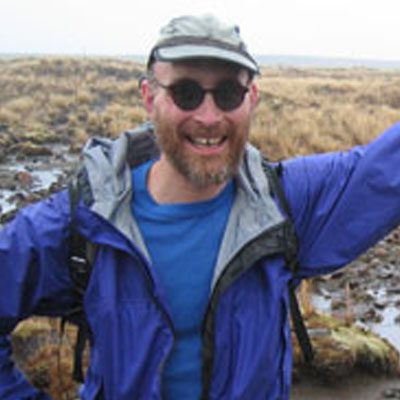
Paul Bierman is a professor of Geology at UVM, where he engages people of all ages in the study of how Earth’s surface works. For almost 20 years, he’s done research in Vermont and many other places around the world including far northern Canada, Greenland, central Australia, southern Africa, the Middle East, and the American southwest. His latest project uses historic imagery to document the impact of people on Vermont landscapes and the impact of landscape events on Vermont people and societies. Paul earned his BA from Williams College in 1985 and his MS and PhD from the University of Washington, the latter in 1993. He has been at UVM ever since, with appointments in Geology and the School of Natural Resources. In 2005, Paul was awarded one of the National Science Foundation’s highest honors: the Director’s award for Distinguished Teaching Scholars. This award now supports the Vermont Landscape Change Program, a digital archive of historic imagery.